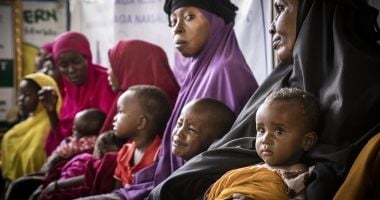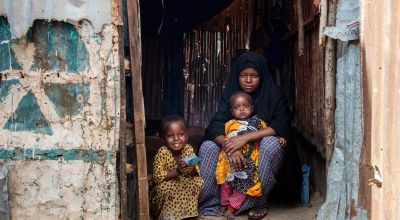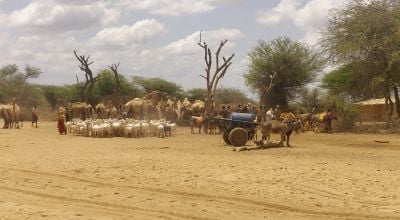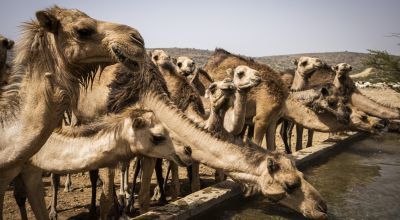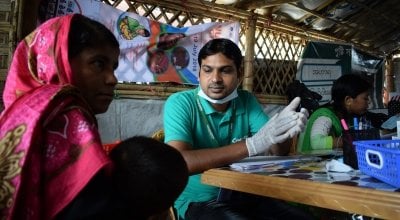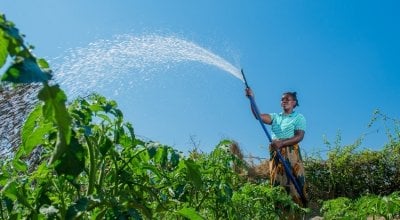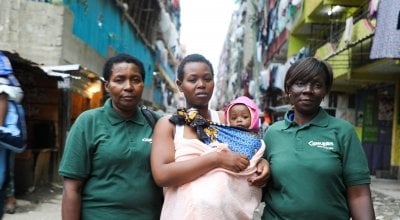
Read our 2023 annual report

Knowledge Hub
Why are we in Somalia? Somalia has faced a cycle of crisis over the last several decades, fuelled by political instability, conflict, hunger, and climate change. Concern has been a frontline responder to these issues for nearly 40 years with both emergency interventions and longer-term projects designed to build the resilience of affected communities.
Nearly 7 million people in Somalia will require humanitarian assistance in 2024
In a country of 18.7 million people, the United Nations estimates that 6.9 million Somalis — over 36% of the population — will require humanitarian assistance in 2024.
While rains reached the Horn of Africa in 2023, ending the worst drought the region (which includes Somalia, Ethiopia, and Kenya) experienced in over 40 years, the country is still recovering from this climate shock. At the end of 2023, it was also faced with some of the worst rains and floods in generations due to El Niño, which caused additional damage and displacement in the final months of the year. This, combined with conflict, insecurity, and other factors, has led to nearly 4 million people internally displaced within Somalia, 80% of whom are women and children, who face additional risks exacerbated by structural inequalities.
Amid additional concerns over access to clean water, sanitation infrastructure, and hygiene necessities, healthcare, and education, hunger remains one of the key areas of focus for the crisis in Somalia. In 2024, the UN estimates that 4.8 million people will require nutrition support, and an additional 4.3 million will require humanitarian assistance in the area of food security and livelihoods. While both of these figures have decreased since the height of the Horn of Africa drought, they still represent the biggest priority for families in need. Approximately 1.5 million children under the age of five are expected to face acute malnutrition in 2024.
Latest achievements
Resilience
Our resilience programme in Somalia, encompassing projects related to food security, livelihoods, health, nutrition, and water, sanitation, and hygiene (WASH) reached over 121,000 people in 2023, providing participants with long-term, sustainable solutions to ongoing humanitarian challenges.
Cash transfers
Health & nutrition
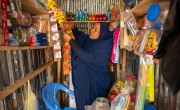
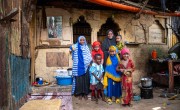
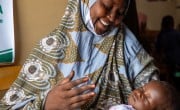

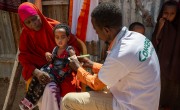
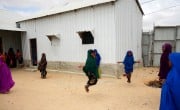

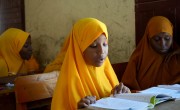
How we're helping Somalia
We respond to emergencies such as drought, floods and population displacements caused by conflict, climate change and ongoing insecurity, and we build resilience within communities to these shocks.
Latest from Somalia

Other ways to help
Corporate support
Is your company interested in working together for a common cause?
Fundraise for Concern
From mountain trekking to marathon running, cake sales to table quizzes, there are lots of ways you can support our work.
Buy a gift
With an extensive range of alternative gifts, we have something to suit everybody.
Leave a gift in your will
Leave the world a better place with a life-changing legacy.
Volunteer with Concern
The lots of ways to get involved with our work as a volunteer
School fundraising
Without the generous support from schools, we wouldn't be able to do the work that we do.





